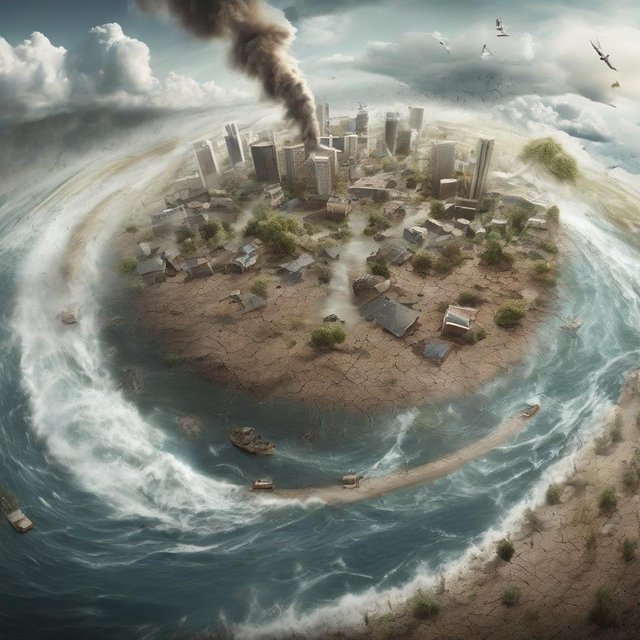

Global warming refers to the long-term heating of Earth’s climate system observed since the pre-industrial period due to human activities, primarily fossil fuel burning, which increases the concentration of greenhouse gases in the atmosphere. This leads to a range of environmental and societal impacts, including rising sea levels, extreme weather events, and changes in ecosystems. It is a critical issue that requires global cooperation to mitigate its effects.
how to deal with global warming
There are several ways to address global warming and its impacts. Some potential solutions include:
- Transitioning to renewable energy sources such as solar, wind, and hydroelectric power to reduce reliance on fossil fuels and lower greenhouse gas emissions.
- Improving energy efficiency in transportation, buildings, and industrial processes to reduce overall energy consumption.
- Conserving forests and implementing sustainable land use practices to mitigate deforestation and preserve natural carbon sinks.
- Implementing policies and incentives to promote sustainable practices and technologies, such as carbon pricing, emissions regulations, and support for climate-friendly innovation.
- Raising awareness and education on sustainable living practices to encourage individuals and communities to make environmentally conscious choices.
These are just a few examples of the strategies that can be employed to address global warming. It is a complex and multifaceted issue that requires action at individual, local, national, and international levels.